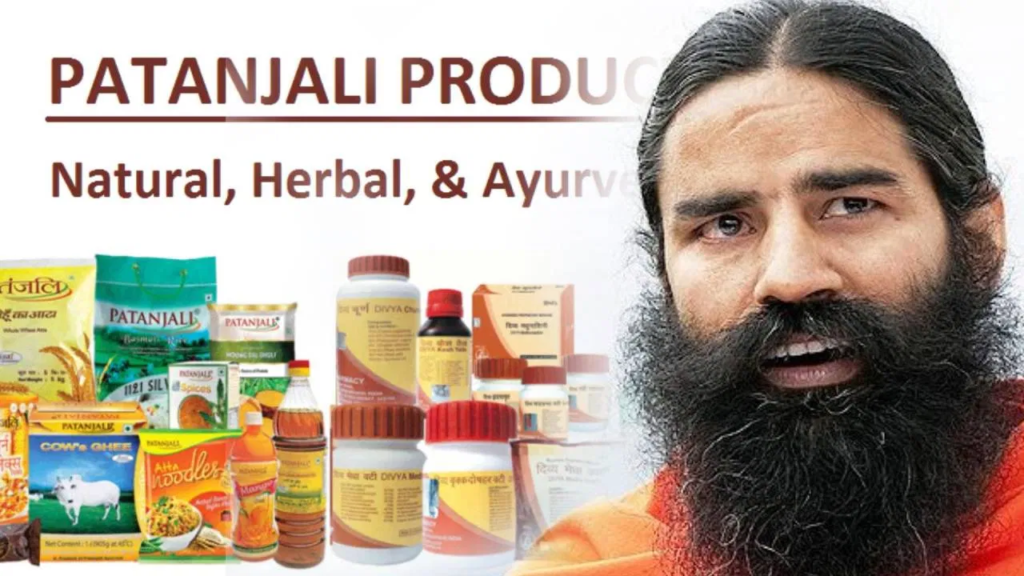Influencers and Celebrities Now Share the Blame

The power of celebrity endorsements and influencer marketing has been undeniable in recent years. But that power comes with a big responsibility, according to a recent ruling by the Supreme Court of India.
In a major ruling, the court has declared that celebrities and social media influencers will be held equally liable for promoting misleading advertisements, especially those that pertain to food and health products. This means that if a celebrity or influencer endorses a product that makes false claims or deceptive promises, they can be held accountable alongside the advertiser for any harm caused to consumers.

To enforce this accountability, advertisers are now mandated to submit self-declaration forms affirming compliance with advertising codes before airing ads. This action seeks to safeguard consumers and maintain accountability rather than to impede advertising.
Simultaneously, the Ministry of Consumer Affairs is responsible for outlining actions taken against misleading advertising, especially in the food industry. The court also calls on the government to expedite consumer complaint procedures and scrutinises influencers’ disclosure of paid endorsements.
Because of the court’s emphasis on openness, broadcasters are required to self-declare prior to running advertisements, and print media is anticipated to follow suit. Patanjali Ayurved is notably facing consequences for fraudulent ads, bringing out the court’s resolve to stop misleading tactics.

The case of Patanjali serves as a dramatic representation of the court’s position against misleading advertising. The business owned by yoga master Ramdev has come under fire for making exaggerated claims about how well its medicines work to cure a range of ailments, including diabetes. Ramdev and Acharya Balkrishna, the managing director of Patanjali, were brought in by the court after Patanjali continued to display deceptive commercials shortly after promises to remove them.
In addition, Patanjali was ordered to take down misleading internet ads and stop selling prohibited items in certain stores. Senior lawyer Balbir Singh, who is defending Patanjali, promised to devise a plan to follow the court’s orders.

This Supreme Court decision is a wake-up call for everyone involved in advertising. Consumers now have greater protection, and advertisers and influencers face a higher standard of responsibility. Expect to see a shift in how products are promoted, especially in the ever-growing world of social media influencers.
So, the next time you see a celebrity gushing about a product, remember, they have a lot more riding on it than just their reputation.
